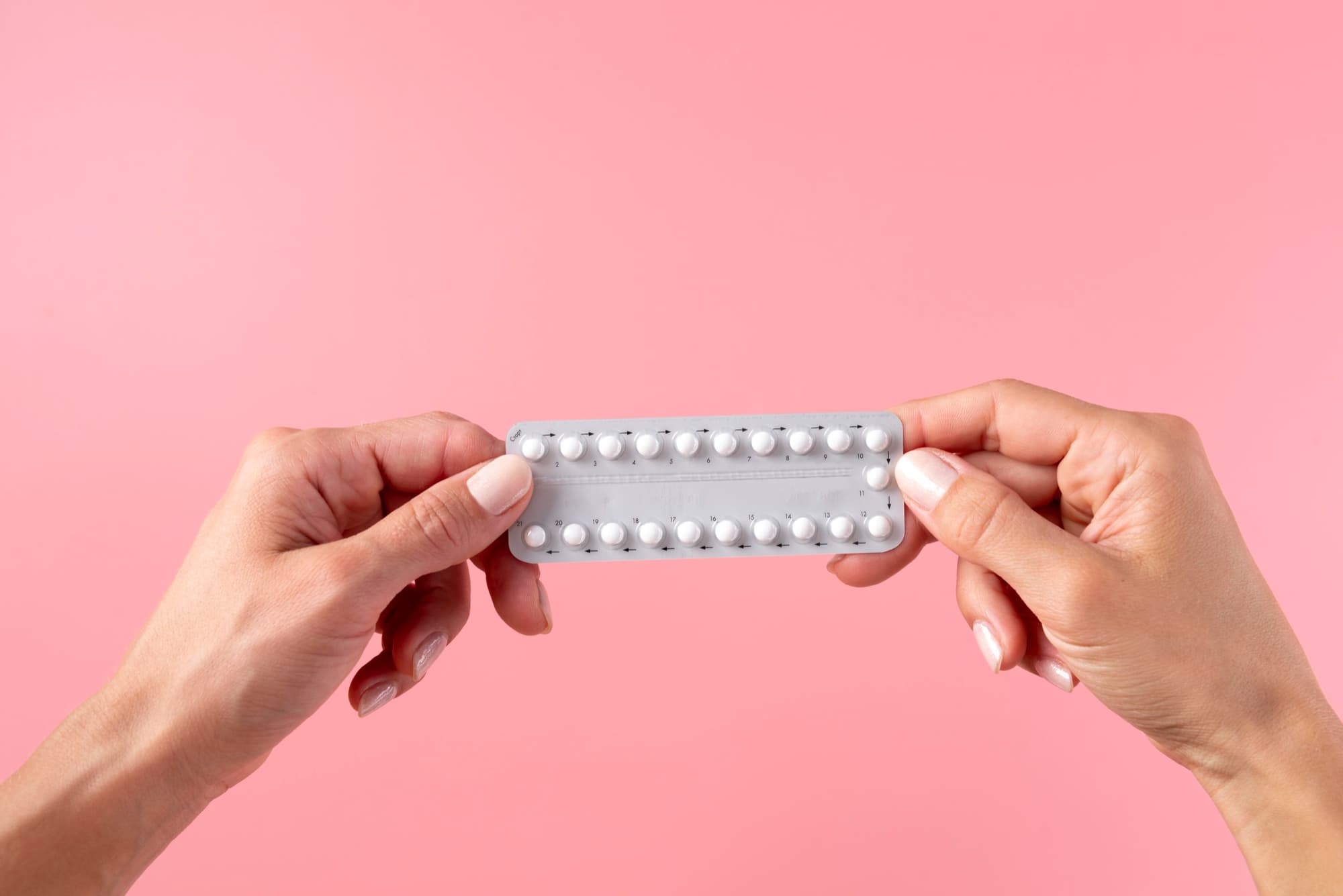Oct 05, 2025
Jencycla (Norethindrone) vs. Other Birth Control Pills: A Comprehensive Comparison

THIS WEBSITE DOES NOT PROVIDE MEDICAL ADVICE. The content included on this website is for informational and educational purposes only. Always consult with your healthcare provider regarding any medical condition and before starting any healthcare or medication regimen.
Jencycla, a progestin-only birth control pill (often called the "mini-pill"), is commonly prescribed for women who cannot take estrogen-based contraceptives. It prevents pregnancy by thickening cervical mucus and altering the uterine lining, making it difficult for sperm to reach an egg. Compared to combination birth control pills, Jencycla is slightly less effective but is a safer alternative for women at risk of complications from estrogen.
This article provides a detailed comparison of Jencycla (Norethindrone) and combination birth control pills, including effectiveness, side effects, interactions, and costs.
Discover the best prices on medications and get access to free instant savings coupons for your local pharmacy using our prescription discount card. No insurance or sign-up is necessary.
Jencycla (Norethindrone) Overview
What is Jencycla?
Jencycla is a progestin-only contraceptive used to prevent pregnancy. Unlike combination birth control pills, Jencycla does not contain estrogen, making it a suitable option for women who have a history of blood clots, high blood pressure, or migraines with aura.
How Jencycla Works
Jencycla primarily works by thickening cervical mucus to block sperm from reaching an egg. It also alters the uterine lining to make implantation less likely. In some cases, it may suppress ovulation, but this is not consistent.
Effectiveness of Jencycla
Jencycla is about 91% effective with typical use, meaning that about 9 out of 100 women may become pregnant during the first year of use if the pill is not taken consistently at the same time every day.
Side Effects of Jencycla
Irregular bleeding or spotting
Headache
Nausea
Breast tenderness
Weight gain
Mood changes
Dosage and Administration
One tablet daily at the same time each day
No break between packs
If taken more than 3 hours late, backup contraception (such as condoms) should be used for 48 hours
Drug Interactions
Jencycla can interact with:
Antiepileptic drugs (e.g., phenytoin, carbamazepine)
Rifampin and other antibiotics
HIV medications
St. John's Wort
Combination Birth Control Pills Overview
What are Combination Birth Control Pills?
Combination birth control pills contain both estrogen and progestin, preventing ovulation consistently while also thickening cervical mucus and altering the uterine lining.
Effectiveness of Combination Birth Control Pills
With perfect use, combination pills are over 99% effective. With typical use, effectiveness is around 93-97%.
Side Effects of Combination Pills
Nausea
Breast tenderness
Mood swings
Headaches
Increased risk of blood clots
Dosage and Administration
Taken daily for 21 days, followed by 7 days of inactive pills
Missed doses may require backup contraception
Drug Interactions
Rifampin and certain antibiotics
Anticonvulsants
St. John's Wort
Comparing Jencycla and Combination Birth Control Pills
Key Differences
Hormonal Composition: Jencycla contains only progestin, while combination pills contain estrogen and progestin.
Ovulation Suppression: Combination pills prevent ovulation reliably, while Jencycla does not always do so.
Side Effects: Combination pills carry a higher risk of blood clots, whereas Jencycla may cause more breakthrough bleeding.
Suitability: Jencycla is often recommended for women who are breastfeeding or have medical conditions preventing them from taking estrogen.
Cost Comparison
Generic versions of Jencycla are typically affordable.
Combination birth control pills vary in price, with some brand-name options being more expensive.
You can save money on prescriptions using a prescription discount card.
Choosing Between Jencycla and Combination Birth Control Pills
When deciding between Jencycla and combination birth control pills, consider:
Health history (risk of blood clots, migraines, breastfeeding status)
Lifestyle (ability to take a pill at the same time daily)
Effectiveness preference (higher pregnancy prevention with combination pills)
Consult your healthcare provider for the best option based on your medical needs.
Conclusion
Both Jencycla and combination birth control pills provide effective contraception, but the right choice depends on individual health factors and lifestyle preferences. Jencycla is a good alternative for women who cannot take estrogen, while combination pills offer greater effectiveness in preventing pregnancy. Always consult a healthcare provider before making a decision.
For additional savings on birth control and other medications, check out CareCard for discounts and savings options.
FAQs
Is Jencycla as effective as combination birth control pills?
No, Jencycla is slightly less effective because it does not consistently prevent ovulation.
Can I take Jencycla while breastfeeding?
Jencycla is generally considered safe to use while breastfeeding, as it does not contain estrogen. However, it’s best to consult your healthcare provider to confirm it’s the right option for you.
What should I do if I miss a dose of Jencycla?
If you take it more than 3 hours late, use a backup method for 48 hours.
Does Jencycla cause weight gain?
Some women experience mild weight gain, but this varies.
Can I use a prescription discount card for birth control?
Yes, services like CareCard can help reduce costs.
